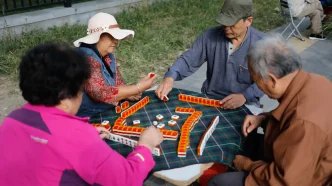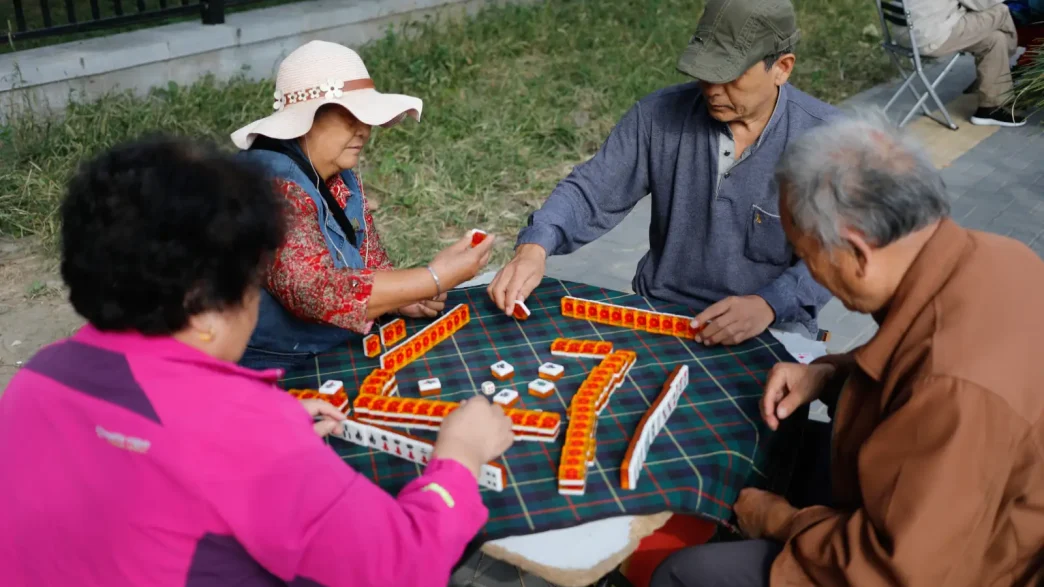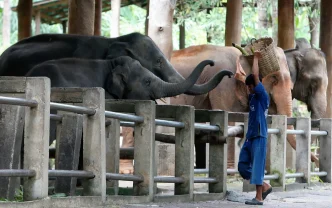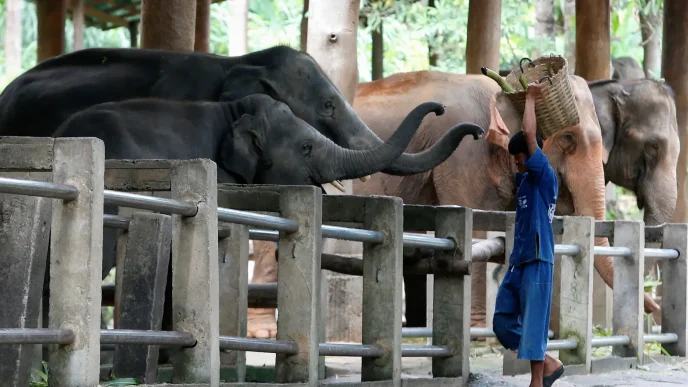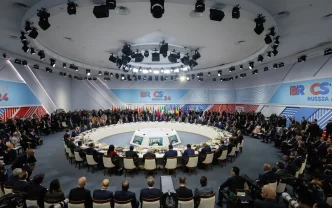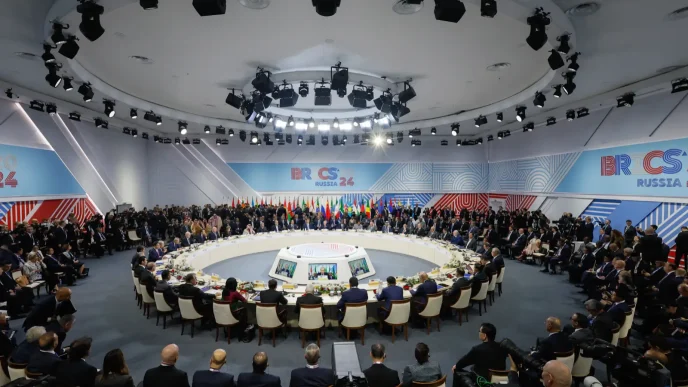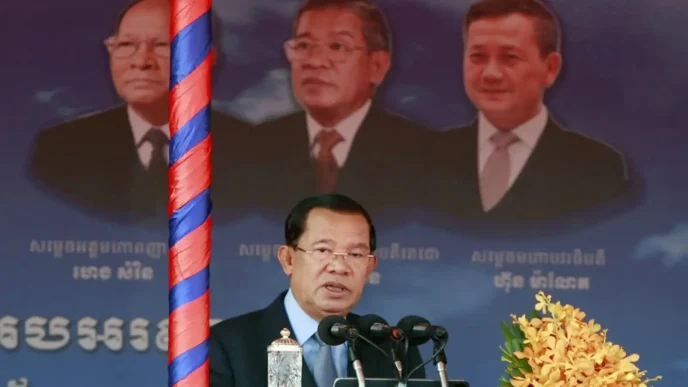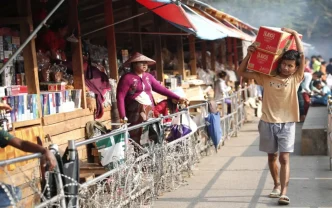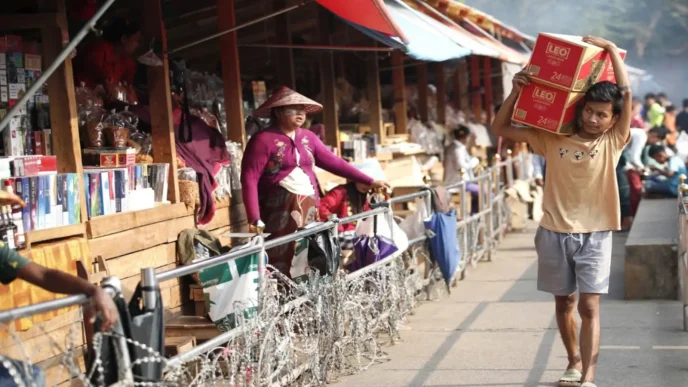Senior citizens play mahjong in a park in Beijing, China. (EPA Images pic)
SINGAPORE: The task of providing elderly care for the growing number of Chinese baby boomers may be a headache for Beijing, but a Singaporean hospital operator sees it as an evergreen opportunity.
With more than 400 million Chinese set to enter their 60s over the coming decade, Singapore-based Perennial Holdings Pte is betting on sound returns for investors able to meet the demand for premium care and services for this group, who were born in the country’s tumultuous 1960s but fortunate enough to reap the benefits of its stellar economic rise in the past few decades.
“When people have a certain level of income, they are used to a certain level of medical treatment. It cannot be totally catered for by the government,” Perennial’s chairman and chief executive officer Pua Seck Guan said in an interview.
With the world’s second-largest economy slowing and its single-child policy having contributed to a low birth rate for decades, China faces an unprecedented challenge in caring for its swelling ranks of senior citizens. Beijing has estimated that only 3% of retirees will check into nursing homes or other types of senior-care facilities, with the rest likely spending their twilight years at home or depending on local communities to care for them.
The government has called on the private sector to expand all things related to elderly care, ranging from the manufacture of diapers and wheelchairs to nursing homes and tailored entertainment options, key elements of the so-called “silver economy” that state media says could reach US$4.2 trillion.
Meeting the needs of the wealthiest Chinese pensioners in a country of 1.4 billion will spawn a substantial market, Pua said.
“The pie is so big that I don’t think at this stage you are talking about competing. There’s so much room to grow.”
Perennial now operates two developments that integrate hospitals, rehabilitation facilities and other amenities in China, in the northern city of Tianjin and southwestern leisure and tourism capital Chengdu. In the Tianjin project, they also have elderly homes and assisted-living apartments, and in Xi’an, they plan to add such senior-care facilities to an existing development.
These homes cost anywhere between 7,000 to 20,000 yuan (US$960 to US$2,740) per month, including meals and skilled nursing care. By comparison, some state-backed nursing homes in China cost less than 5,000 yuan per month but can have waiting lists decades long for the cheaper and more popular ones.
The company also has several more such projects under construction in major cities across China, with a total investment in the medical care and eldercare business reaching 31 billion yuan.
Some Japanese and American senior home operators have also entered China over the past decade. Fortress Investment Group teamed up with Chinese conglomerate Fosun International Ltd to operate several senior-living communities across major Chinese cities.
Chinese insurance companies including Taikang Life Insurance Co and property developers such as Sino-Ocean Group Holding Ltd have also built upscale senior compounds to attract well-off retirees.
Beijing in September also removed barriers for foreign investments in its massive healthcare industry, including allowing oversea investors to run hospitals without a Chinese partner. Perennial’s one billion-yuan general hospital within walking distance of its Tianjin residential development will become the first such wholly foreign-owned healthcare facility when it opens in the first quarter of this year.
“We are very excited about the healthcare and elder-care industry because of China’s aging population,” Pua said.
“It’s a huge market, and the industry is only at the nascent stage.”
